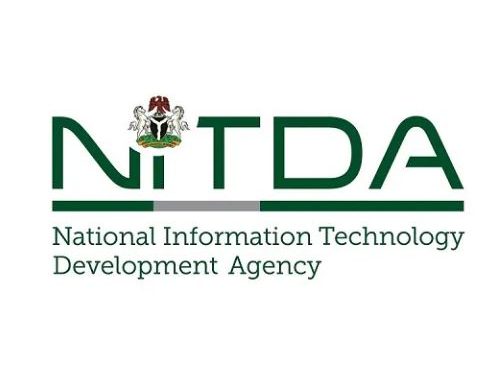The National Information Technology Development Agency (NITDA) has embarked on a thorough review of the Guidelines for Registration of ICT Service Providers/Contractors, originally issued in 2018. The aim of this initiative is to streamline the process for delivering Information Technology (IT) services to various Ministries, Departments, and Agencies (MDAs) of the federal government.
Hadiza Umar, the Head of Corporate Affairs and External Relations at NITDA, explained in a statement that the existing guidelines were designed to ensure the registration of indigenous IT service providers, thereby guaranteeing the delivery of high-quality IT projects to the federal government. The guidelines also aimed to maintain the highest standards of professionalism in IT services and foster the growth of local IT companies, aligning with relevant Presidential Executive Orders.
Umar highlighted that since the issuance of the guidelines in 2018, NITDA has recognized the need for enhancements in the registration process to improve efficiency, promote indigenous IT service provision, and ensure the engagement of competent vendors for IT service delivery to federal government MDAs. This initiative is in line with the current administration’s commitment to fostering collective prosperity through efficiency and innovation.
The ongoing review, expected to lead to amendments in the guidelines, is anticipated to create new opportunities for Nigerian companies to provide digital services. The emphasis is on encouraging the active participation of local businesses in delivering IT solutions to government entities, contributing to the broader goals of economic growth and technological advancement in Nigeria.
As the digital landscape continues to evolve, the revised guidelines aim to align with contemporary standards and practices, facilitating a more agile and responsive ecosystem for IT service providers. NITDA’s commitment to the development and sustenance of a robust digital infrastructure underscores the importance of adapting regulations to meet the dynamic needs of the IT industry.















